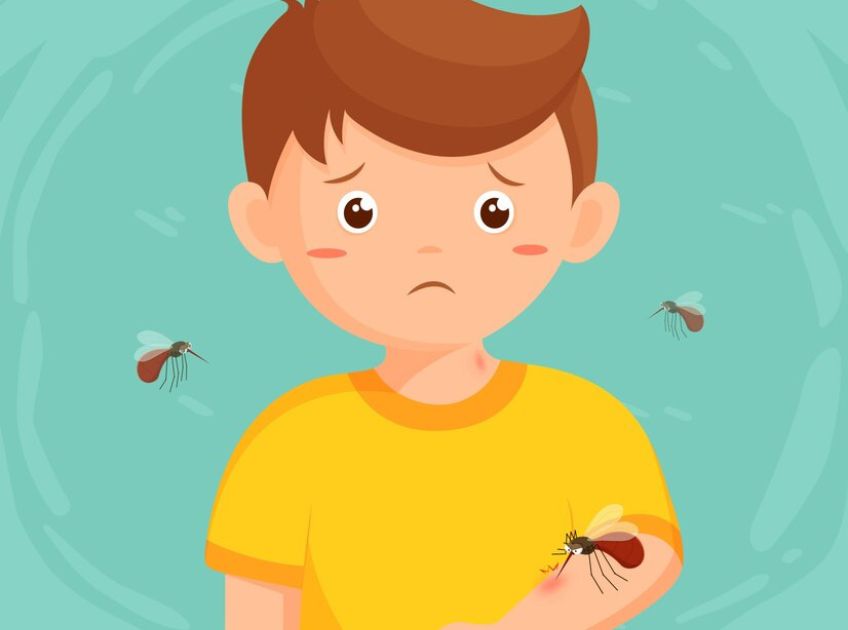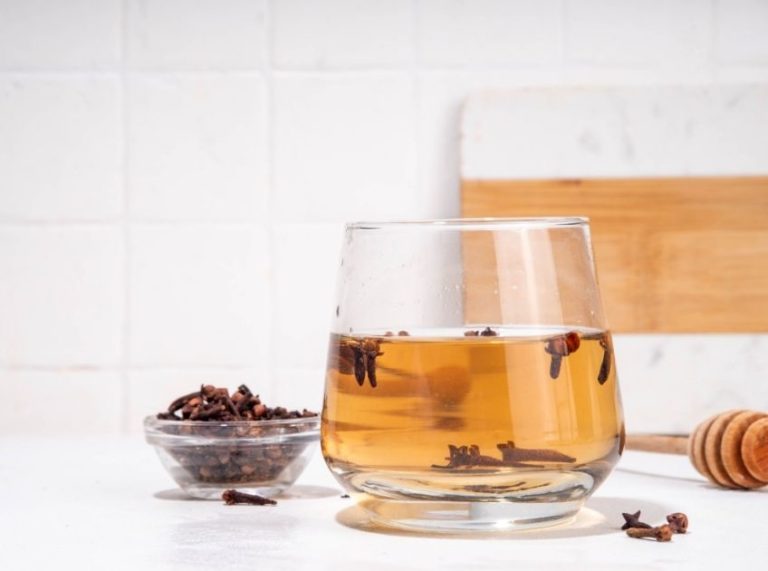
Important: This article is for informational purposes only. Please read our full disclaimer for more details.
Insect bites and stings are a common nuisance during outdoor activities. They often bring itching, swelling, and irritation, leaving you scrambling for quick relief. While over-the-counter creams are available, nature offers simple yet powerful remedies to soothe the skin and accelerate healing. These treatments not only provide relief but also reduce the risk of infection without harsh chemicals.
Science Behind Natural Remedies for Bites and Stings
Many household and plant-based remedies are supported by scientific research for their anti-inflammatory and antimicrobial properties:
- Aloe Vera: Studies in Skin Pharmacology and Physiology show its bioactive compounds reduce redness and accelerate wound healing (1).
- Honey: Research in the Journal of Medicinal Food confirms honey’s antibacterial enzymes help prevent infection and support tissue repair (2).
- Tea Tree Oil: According to Clinical Microbiology Reviews, tea tree oil’s terpinen-4-ol acts as a potent antimicrobial and anti-inflammatory agent (3)(4).
- Oatmeal: Beta-glucans in oatmeal help soothe itching and strengthen the skin barrier, as noted in dermatological studies (5).
These findings highlight why home remedies are trusted for minor insect bites and stings.
7 Home Remedies for Insect Bites and Stings
1. Aloe Vera Gel – Cooling Skin Comfort
Aloe vera is a go-to natural healer for irritated skin. Its cooling sensation helps calm itching and burning immediately, while its polysaccharides aid skin repair.
- How to use: Apply fresh aloe vera gel directly to the bite or sting area. Repeat 2–3 times daily.
- Pro Tip: Keep aloe gel refrigerated for extra cooling relief.
2. Honey – Natural Antibacterial Barrier
Raw honey reduces inflammation and protects the skin from infection thanks to its natural hydrogen peroxide content.
- How to use: Apply a thin layer of raw honey over the bite, cover lightly if needed, and leave for 30–40 minutes before rinsing.
- Pro Tip: Use manuka honey for an added antimicrobial boost.
3. Cold Compress – Rapid Swelling Reduction
Applying a cold compress constricts blood vessels, reducing swelling and numbing pain.
- How to use: Wrap ice cubes in a soft cloth and place over the affected area for 10 minutes. Repeat as necessary throughout the day.
- Pro Tip: Avoid applying ice directly to the skin to prevent frostbite.
4. Baking Soda Paste – Itch Neutralizer
Baking soda helps neutralize skin pH, reducing itching and irritation caused by insect venom.
- How to use: Mix 1 teaspoon of baking soda with a few drops of water to form a paste. Apply on the bite and leave for 15–20 minutes before washing off.
- Pro Tip: Reapply 2–3 times a day for persistent itching.
5. Tea Tree Oil – Powerful Natural Disinfectant
Tea tree oil prevents secondary infections and promotes healing due to its antimicrobial and anti-inflammatory compounds.
- How to use: Dilute 2 drops of tea tree oil with a teaspoon of carrier oil (like coconut or olive oil) and dab gently on the bite twice daily.
- Pro Tip: Never use undiluted tea tree oil on sensitive skin, as it may irritate.
6. Apple Cider Vinegar – Balancing the Sting
The acidity of apple cider vinegar may help neutralize toxins from insect stings and reduce itching.
- How to use: Mix equal parts water and apple cider vinegar. Use a cotton ball to apply to the sting for 10 minutes.
- Pro Tip: Works especially well on mosquito and ant bites.
7. Oatmeal Paste – Gentle Skin Soother
Oatmeal’s anti-inflammatory compounds calm irritation and nourish the skin barrier, making it ideal for multiple bites.
- How to use: Grind oats into a fine powder, mix with water to create a paste, and apply to the affected area for 20 minutes.
- Pro Tip: For multiple bites, add oatmeal to a lukewarm bath and soak for 15 minutes.
Frequently Asked Questions (FAQ’S)
1. Are these remedies safe for children?
A. Yes, aloe vera, oatmeal, and honey are gentle options for kids. Always perform a patch test before using essential oils like tea tree.
2. How soon should I apply these remedies after a bite or sting?
A. For best results, apply as soon as possible. Early application reduces swelling and itching significantly.
3. When should I seek medical care instead of home remedies?
A. If you experience severe allergic reactions such as swelling of the face or throat, dizziness, or difficulty breathing, seek emergency medical help immediately.
Home remedies like aloe vera, honey, tea tree oil, and oatmeal provide effective, science-backed relief for insect bites and stings. They calm irritation, reduce inflammation, and support natural healing. Keeping these simple treatments in mind ensures you can respond quickly and safely whenever nature leaves its mark.















